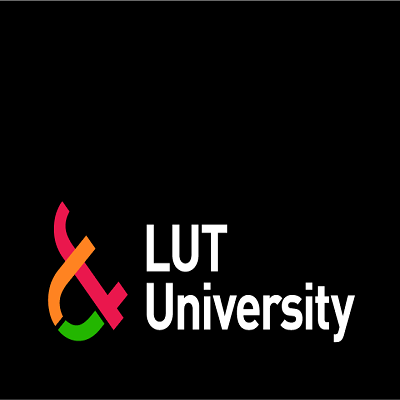Power-to-x (P2X) – what does it mean for energy and food production?

Sponsored by

Sponsored by

Power-to-x is a key technology in addressing carbon dioxide emissions from industry and transport. Its basic idea is to transform electricity into another form of energy – and back to electricity if needed.
Power-to-x can be used to manufacture synthetic fuels to replace fossil ones. You only need carbon dioxide from the atmosphere and hydrogen from water or nitrogen from the air around you. The process utilizes emission-free solar or wind power produced on-site.
The outcomes include final products such as methane, methanol, dimethyl ether and ammonia, which are widely used fuels and chemical industry raw materials. Some of them could even be used for marine or road transport through existing distribution systems.
LUT University has conducted research on synthetic fuels for years. Electricity use makes hydrogen production with electrolysis costly, but LUT has achieved promising research results on increasing the energy efficiency of the process. However, profitable industrial production requires easy access to raw materials.
Power-to-x technology is also applicable to food production. You only need one cell that feeds on hydrogen and carbon dioxide to grow edible protein.
"We need food production solutions that aren’t affected by weather conditions and don’t require cutting down trees to make way for field crops, and we have one right here," says Jero Ahola, LUT’s professor of energy efficiency in electricity-driven systems.
Read more about LUT’s P2X research: https://www.lut.fi/en/articles/power-x-p2x-what-does-it-mean-energy-and-food-production